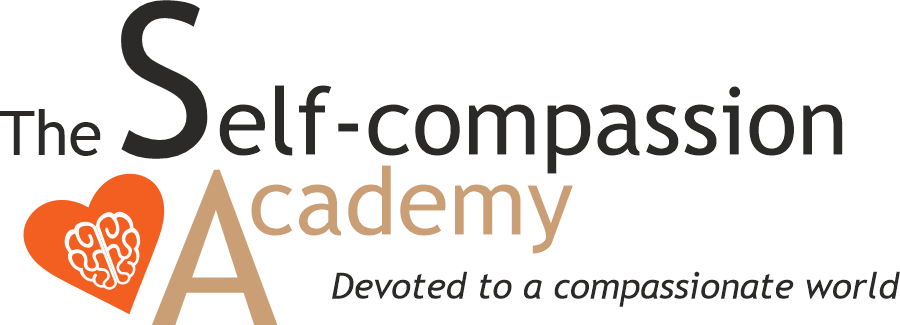We often have the habit of being critical towards ourselves. When we fail or need to push ourselves, it’s easy to speak harshly. We think that’s what we need in moments of struggle. What’s harder is noticing that negative self-talk and trying to change it for the better. Harder, yes. But not impossible. Because self-compassion is a skill you can learn with practice.
Scientific research shows that compassionate words are far more motivating than harsh ones rooted in shame or self-doubt. But if self-compassion is more effective, why do we tend to be so hard or critical on ourselves?
Why do we have less compassion for ourselves?
Your inner critic may try to keep you in line, but it often ends up holding you back. A kinder voice, on the other hand, helps you move forward with joy and resilience. According to psychologist and pioneer in the field of self-compassion Kristin Neff, there are two reasons why we so often hold on to that harsh or negative voice.
1. Cultural misgivings
Amongst many of us, there’s this common believe that we fear self-compassion makes us weak, selfish, or lazy.
A survey by psychologist Christopher Germer shows that we often fear our standards will drop or that others will reject us if we don’t toughen up. These cultural misgivings are part of our upbringing, Germer explains.
For instance, our education may have taught us that only weak people need compassion. “The person offering them compassion is really implying they aren’t tough enough to handle the situation,” journalist Caroline Benner writes for the Greater Good Science Center at the University of California, Berkeley.
Read more: What People Get Wrong about Self-Care
“If you’re an enemy to yourself you make yourself weaker. Be an ally.” – Kristin Neff
2. Evolutionary response to threats
Another reason we feel we don’t deserve self-compassion lies in our evolution. When we face a threat or stressor, we have three evolutionary responses: we fight, we flight, or we freeze.
These responses were very helpful when facing, let’s say, a car on the road, but in today’s society, they are often less useful. Our stressors are quite different from those of thousands of years ago. And when we turn these evolutionary responses inward, it can look like this:
- Fight → we self-criticise
- Flight → we isolate ourselves
- Freeze → we ruminate
When we start to criticise or ruminate, we stimulate our sympathetic nervous system, the part of the brain that activates the body’s stress response. This system raises our levels of stress hormones like cortisol, keeping us in a state of alert rather than helping us calm down, which makes it even harder for our body and mind to cope with the situation at hand.
Can self-compassion be taught?
Yes, self-compassion is a skill you can learn. Everyone can become more compassionate toward themselves. It takes time and practice, but self-compassion is definitely something that can be taught. Here are five practical ways to start practicing self-compassion at home:
- Write a self-compassion letter. Read more on writing this letter.
- When life feels like too much, try to ground yourself. These grounding techniques may help.
- Take a self-compassion break. It takes five minutes, and it might just be the kindest thing you do for yourself all day.
- Become more mindful. These five mindfulness exercises help you to be aware of your feelings (and aren’t meditation).
- Reflective journaling with self-compassion questions. These questions may help shift your (often critical) internal voice.
Photo by: Andrea Caligiuri on Unsplash







